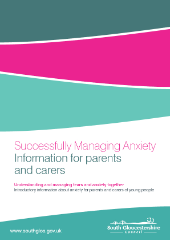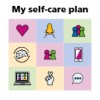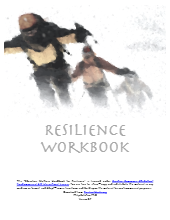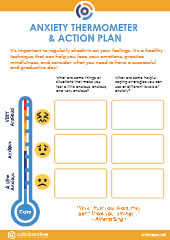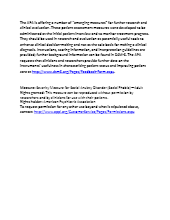 The Severity Measure for Social Anxiety Disorder (Social Phobia) in adults is a tool used to assess the severity of social anxiety disorder in individuals. It helps mental health professionals and researchers gauge the level of impairment and distress experienced by a person due to their social anxiety symptoms. The severity measure typically includes a range of questions or statements related to social anxiety symptoms and their impact on various aspects of the individual’s life.
The Severity Measure for Social Anxiety Disorder (Social Phobia) in adults is a tool used to assess the severity of social anxiety disorder in individuals. It helps mental health professionals and researchers gauge the level of impairment and distress experienced by a person due to their social anxiety symptoms. The severity measure typically includes a range of questions or statements related to social anxiety symptoms and their impact on various aspects of the individual’s life.
Here are some common components that may be included in a severity measure for social anxiety disorder in adults:
-
Symptom Assessment: The measure may include questions that assess the presence and severity of common social anxiety symptoms, such as fear of social situations, avoidance behavior, physical symptoms (e.g., sweating, trembling), and cognitive symptoms (e.g., negative self-beliefs, anticipatory anxiety).
-
Duration and Frequency: It may inquire about how long the individual has been experiencing these symptoms and how often they occur.
-
Interference with Daily Life: Questions may focus on how social anxiety affects the person’s daily life, including their ability to work, maintain relationships, attend social events, and engage in activities they enjoy.
-
Physical Symptoms: The measure might ask about the intensity and frequency of physical symptoms experienced during social situations, such as blushing, rapid heartbeat, or nausea.
-
Cognitive Symptoms: It may assess the impact of negative thoughts, self-criticism, or rumination on the individual’s well-being and functioning.
-
Avoidance Behavior: Questions may address the extent to which the person avoids social situations or endures them with distress.
-
Functional Impairment: The severity measure may explore how social anxiety affects the person’s ability to achieve their goals, both personally and professionally.
-
Quality of Life: Some measures include questions about the overall quality of life, satisfaction with life, and how social anxiety influences it.
-
Severity Rating: A standardized rating or scoring system may be used to assign a severity level to the individual’s social anxiety disorder, such as mild, moderate, or severe.
These measures are valuable for clinicians in diagnosing and monitoring the progress of social anxiety disorder in adults. They help tailor treatment plans and interventions to address the specific needs of each individual, and they can also be used in research to assess treatment outcomes and the effectiveness of interventions. Different assessment tools and severity measures may be used in clinical practice and research, and their specific content and format can vary.
FREE PDF DOWNLOAD OF SEVERITY MEASURE FOR SOCIAL ANXIETY DISORDER (SOCIAL PHOBIA) – ADULT



